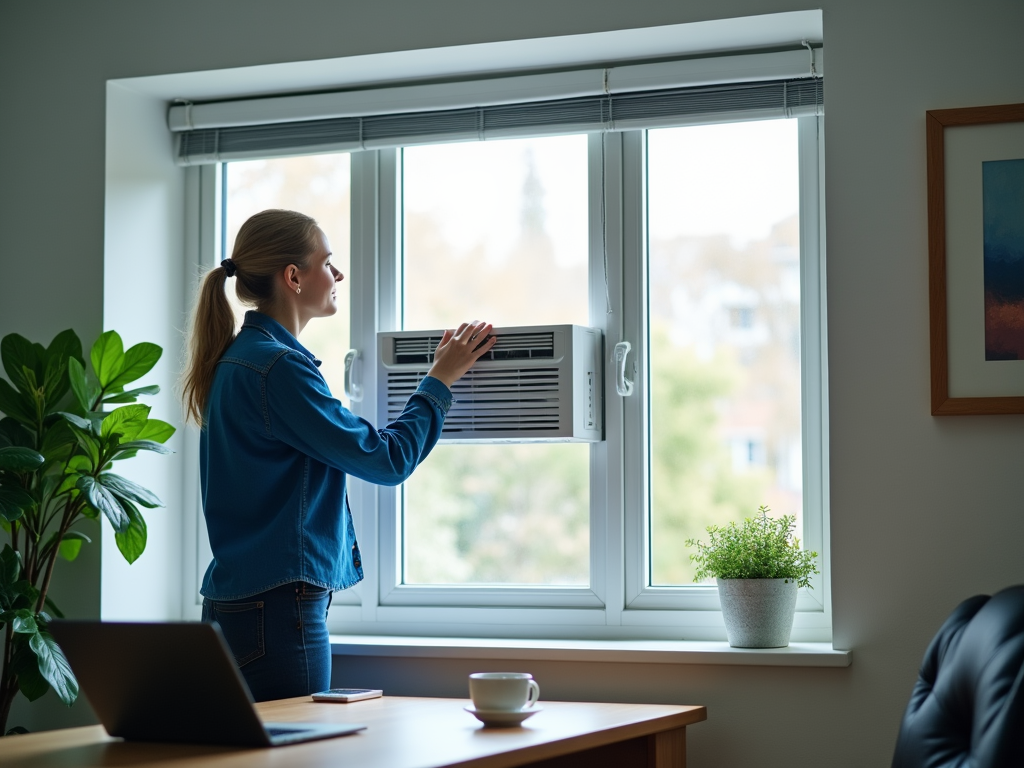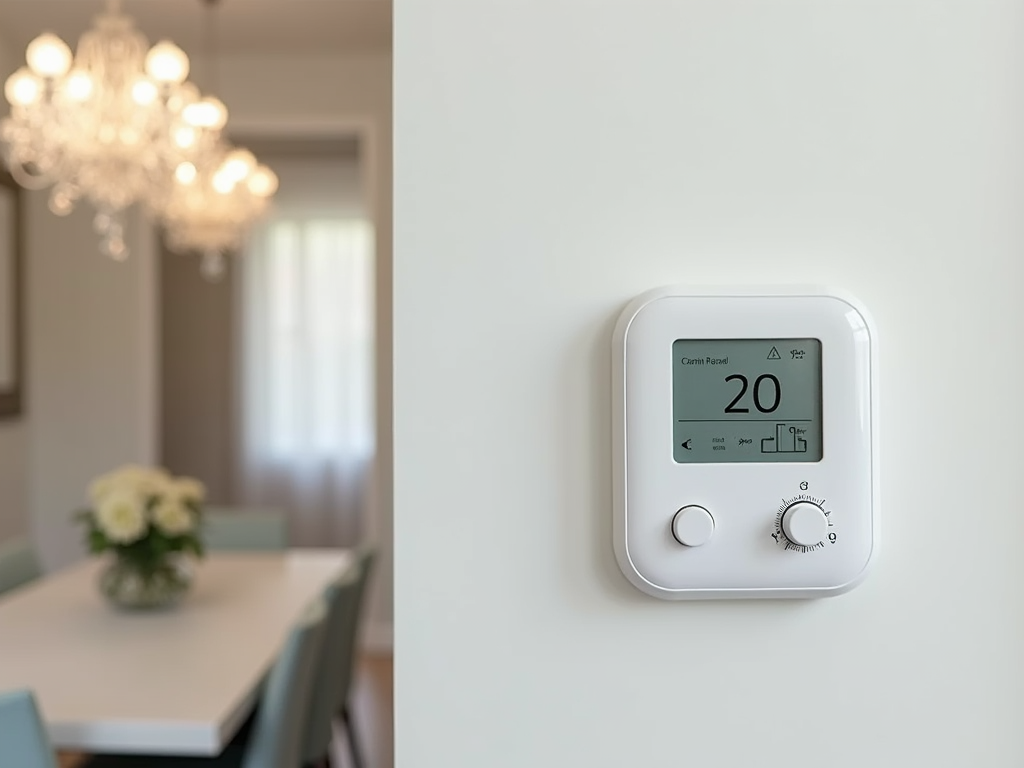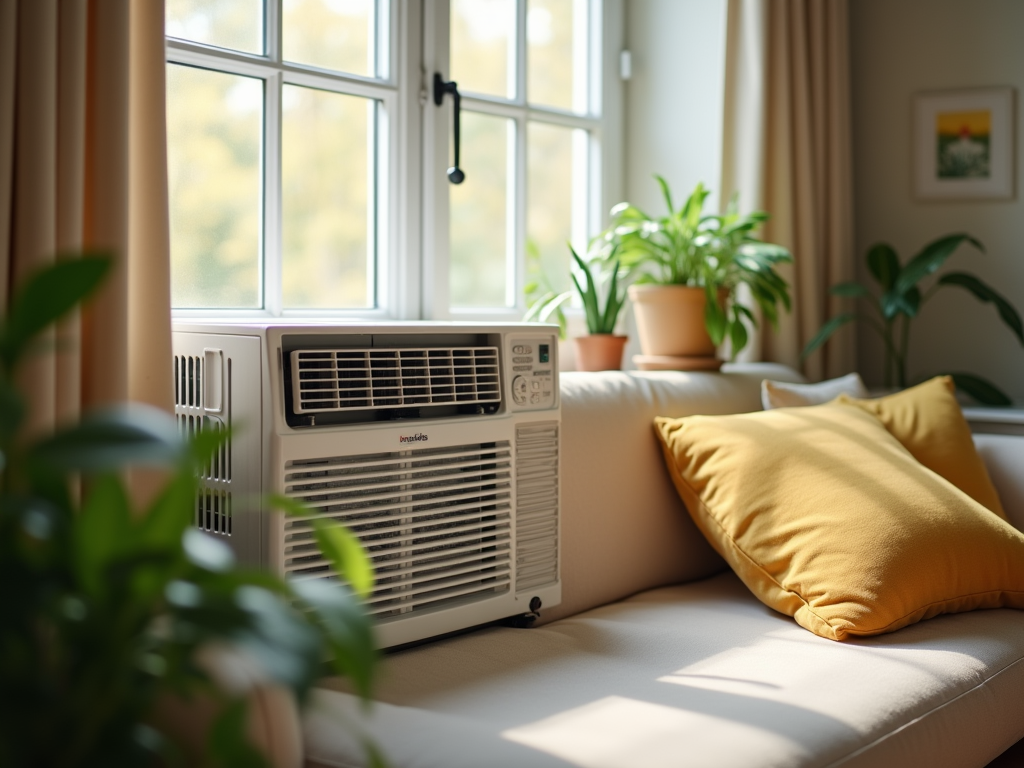Window air conditioners are known for their convenience and energy efficiency, but a common issue many users face is the unit freezing up. When this happens, it can significantly hinder the cooling performance, leading to discomfort during hot days. Understanding the reasons behind why your window air conditioner might be freezing up can help you prevent this issue and maintain optimal efficiency. Below, we explore five common causes of this problem.
1. Dirty Air Filters

One of the leading causes of a window air conditioner freezing up is dirty air filters. When filters become clogged with dust, debris, and allergens, they restrict airflow, which is crucial for the cooling process. This lack of airflow can cause the evaporator coils to freeze, leading to less efficient cooling and ultimately, a frozen unit. To combat this issue, it’s essential to check and replace or clean your air filters regularly. A recommended maintenance schedule is every month during the cooling season, but harsher conditions or high usage may necessitate more frequent cleaning. A clean filter promotes better airflow, enhances efficiency, and prolongs your unit’s life.
2. Low Refrigerant Levels

Another significant reason for a window air conditioner freezing up is low refrigerant levels. Refrigerant is the fluid responsible for absorbing heat and cooling the air inside your home. When there is a refrigerant leak or if the unit is undercharged, the pressure within the system drops, causing the evaporator coil temperature to plummet and resulting in freezing. Addressing refrigerant issues typically requires professional intervention to locate leaks and recharge the system properly. Regular inspections can help detect leaks early and avoid further complications, ensuring your air conditioner operates smoothly.
Inappropriate thermostat settings and poor placement can also lead to freezing issues. Setting the thermostat too low can cause the system to work harder than necessary, leading to excessive cooling and eventual freezing of the coils. Moreover, if the thermostat is located in a shaded area or away from the source of the hot air, it might not accurately gauge the room temperature, causing the unit to overcool. To prevent freezing, set the thermostat to a reasonable temperature—typically between 72°F and 78°F. Additionally, ensure that the thermostat is placed in a location where it can accurately read room temperature without interference from direct sunlight or drafts.
4. Poor Insulation and Air Leakage
Poor insulation and air leakage around the window unit can impact its efficiency and cause freezing. If cold air is escaping outside while warm air enters, the air conditioner must work harder to maintain the desired temperature. This extra strain can lead to the evaporator coils becoming too cold and freezing. To address this, check for gaps around the window or in the unit’s seal and use weather stripping, foam tape, or caulking to eliminate leaks. Ensuring that the window air conditioner is securely installed will enhance its efficiency and reduce the likelihood of freezing.
5. Too Much Humidity
High indoor humidity levels can also contribute to a window air conditioner freezing up. The moisture in the air can condense on the evaporator coils, leading to ice buildup. An air conditioner is designed to remove humidity; however, excessive humidity can overwhelm the system. To combat this, consider using a dehumidifier in conjunction with your air conditioning unit or ensuring adequate ventilation in your home. A balanced indoor environment will not only improve comfort but also help prevent freezing issues in your air conditioning unit.
Conclusion
In summary, a window air conditioner can freeze up due to several factors, including dirty air filters, low refrigerant levels, incorrect thermostat settings, poor insulation, and high humidity. By regularly maintaining your unit, checking for leaks, and adjusting settings as needed, you can keep your air conditioner functioning efficiently and effectively. If freezing issues persist despite these measures, consulting with a professional is advisable to ensure your unit operates optimally.
Frequently Asked Questions
1. How often should I clean or replace my air filter?
It’s recommended to clean or replace your air filter every month during the cooling season but more often if you have pets or a higher dust environment.
2. What should I do if I notice ice on my air conditioner?
If you see ice on your air conditioner, turn it off and let it thaw. Once thawed, inspect air filters and refrigerant levels and consult a professional if needed.
3. Can I fix low refrigerant levels myself?
No, fixing low refrigerant levels often requires professional tools and expertise to locate leaks and recharge the system safely.
4. Is humidity a serious issue for air conditioners?
Yes, high humidity can lead to freezing issues because it increases moisture on the evaporator coils, affecting cooling performance.
5. How can I check for air leaks around my air conditioner?
You can check for air leaks by inspecting the window seal for gaps or by using a candle or smoke pen around the edges—if the flame flickers, there is a leak.



